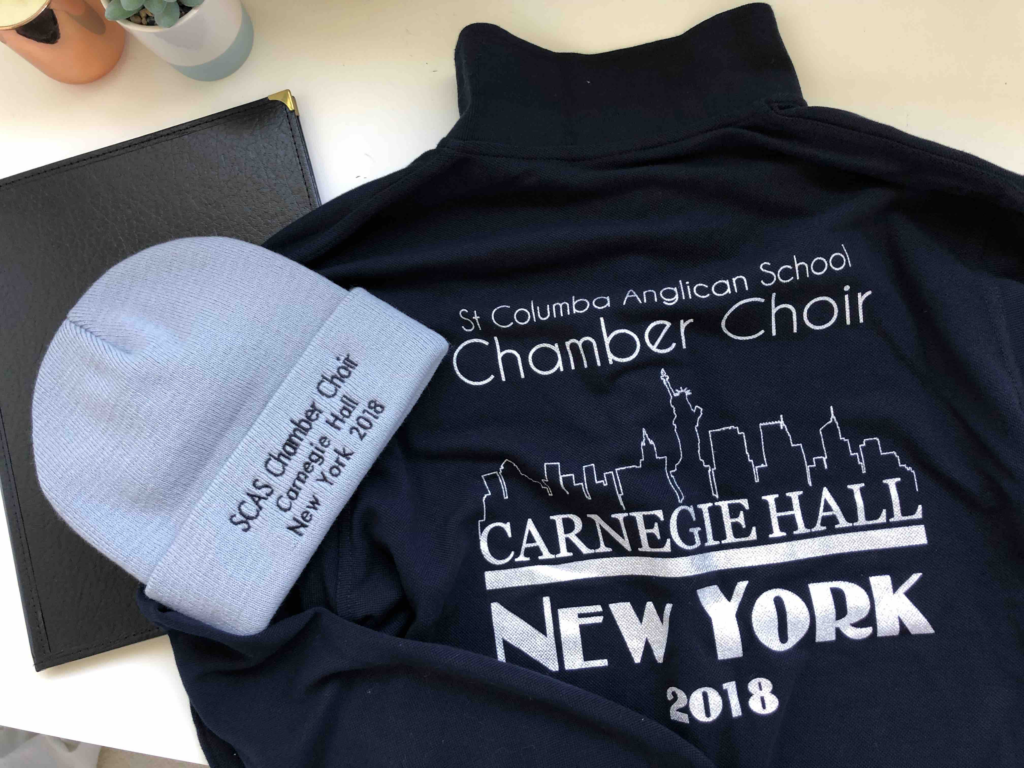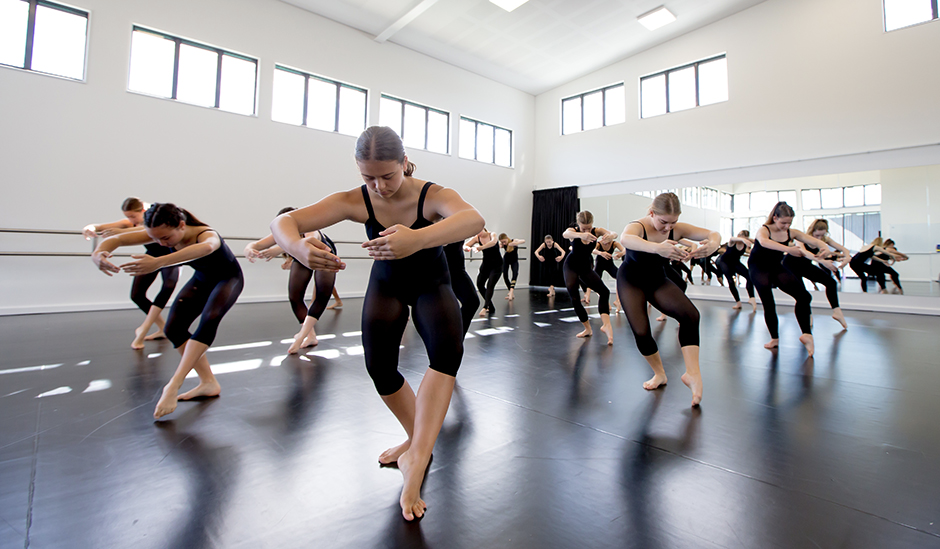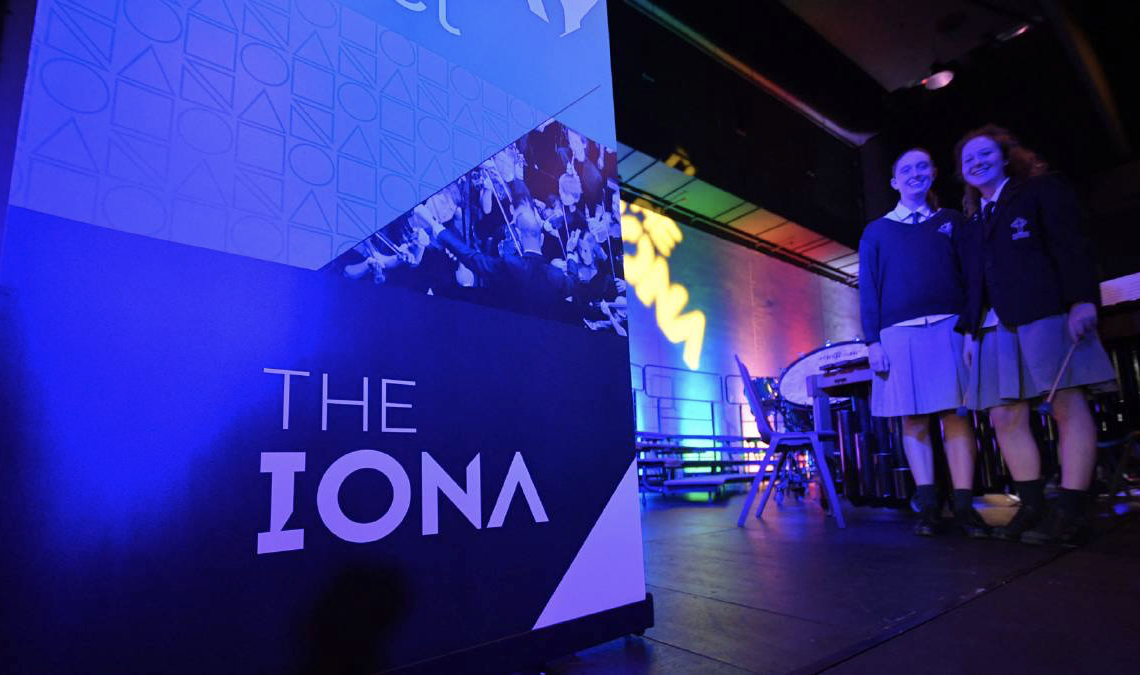
One of my first memories of coming to St Columba as the newly minted principal was the sound of beautiful singing coming from the Chapel as one of our choirs practised before school.
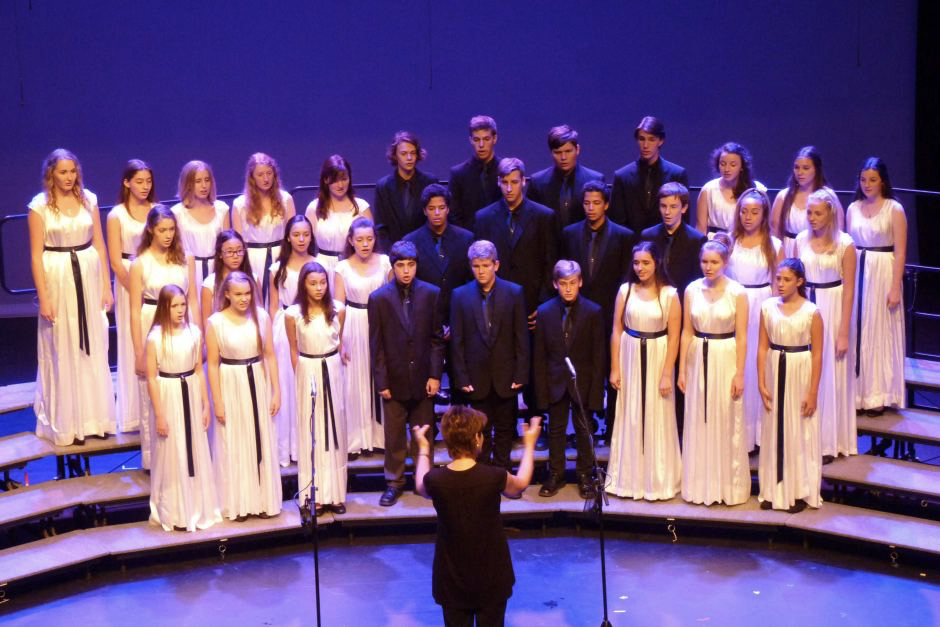
Over a decade later, performing arts retain their place as an essential part of St Columba’s educational culture, and I continue to be amazed by the performance talents of our students and the work our teachers, ensemble leaders and tutors do in realising these talents.
And now we have a Performing Arts Centre that befits the quality of performance we foster.
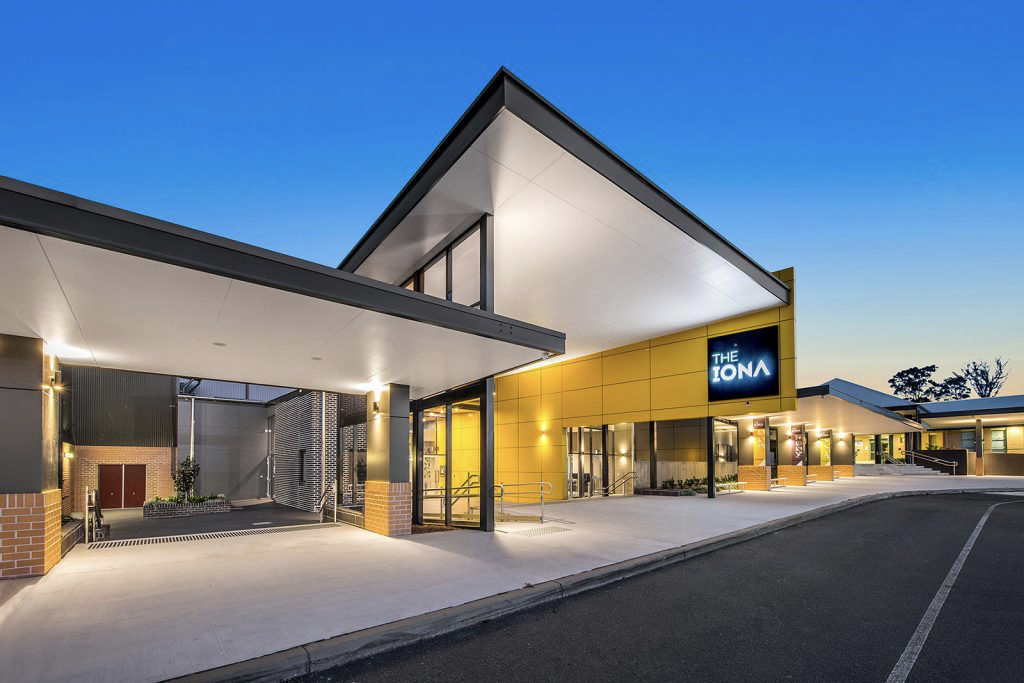
Occasionally, I have been asked what educational value the performing arts offers our students.
The implication is that by allowing our students to spend time rehearsing, practising, performing and touring, we are depriving them of educational opportunities and ignoring our core business.
The fact is that involvement in the performing arts enhances education – both formally and informally.
The self discipline, capacity to work as part of a team to achieve a shared goal, the enhancement of creativity and communications skills are, perhaps, one of the best ways of accessing the kind of skills that careers in the second quarter of the 21st century will require.
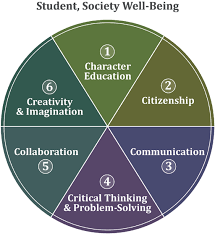
Performing Arts: Through study and performance, students explore and present great themes and ideas. They discover their own voice, grow in confidence and develop empathy and ethical insight into the contradictions and paradoxes of the human condition.
The Co-curricular program is a complementary adjunct that enriches the syllabus (our core business). As a part of the incredibly busy life of our school, we seek to successfully merge the curriculum side of the performing arts with the co-curricular aspect that we believe complement and adds to the success our students achieve.
Co Curricular Programs: Every activity in school life plays a significant role in the development of students. Co-curricular activities are an essential part of school life and help in enhancing the learning process of students at school. There are many advantages to involvement in co-curricular activities, including: Allowing students to explore strengths and talents outside of academics; helping students develop stronger time-management and organizational skills; teaching the importance of following through on commitments.
From our website: Co-Curricular Performing Arts
St Columba’s Co-curricular Performing Arts program is acknowledged as one of the best and most comprehensive Performing Arts programs in the region. The ever-expanding program encourages students of all abilities from Kindergarten to Year 12 to develop their talents under the guidance of a team of passionate teaching professionals. We currently have over 30 ensembles across the three disciplines of Music, Dance and Drama, with over 80% of students involved in one or more of these ensembles. Students participate in regional and State ensembles, festivals, eisteddfods, musicals, productions, exhibitions and camps, as well as several school performance nights throughout the year.
While the love of the beauty of performance is reason enough for the school to support the performing arts, there is also the educational advantages that come from linking the arts to learning.
- A study published by Abigail Todhunter-Reid of the Department of Childhood Studies at Rutgers University stated, “arts education positively predicted academic achievement and growth in reading and mathematics from kindergarten to 5th-grade. Moreover, the positive associations increased in strength as students progressed to later grades”.
- Performing arts like dance and theatre show some of the most profound impacts, as students who learn to perform learn valuable skills that help in classrooms and beyond. Public speaking, verbal skills, memorization, emotional intelligence, literacy, and so on, are all developed by reading and rehearsing a play. Students who have the opportunity to perform often feel a sense of accomplishment, which can motivate them to achieve elsewhere as well. Additionally, this provides a chance for physical engagement which, especially at the elementary level, can be hugely beneficial to students’ focus in their classes.
- A new study from the George Mason University Arts Research Center and published in the journal Psychology of Aesthetics, Creativity, and the Arts found a link between arts elective courses in music, dance, visual art and drama, and better grades in middle school.
- Brookings Institute: We find that a substantial increase in arts educational experiences has remarkable impacts on students’ academic, social, and emotional outcomes. we also find that increases in arts learning positively and significantly affect students’ school engagement, college aspirations, and their inclinations to draw upon works of art as a means for empathizing with others. In terms of school engagement, students in the treatment group were more likely to agree that school work is enjoyable, makes them think about things in new ways, and that their school offers programs, classes, and activities that keep them interested in school.
It seems that, while many schools are limiting their performing arts teaching and co-curricular programs, St Columba’s continued support of our performing arts programs shows how valuable an asset these programs are in our quest to be the very best school possible – academically as well as culturally!
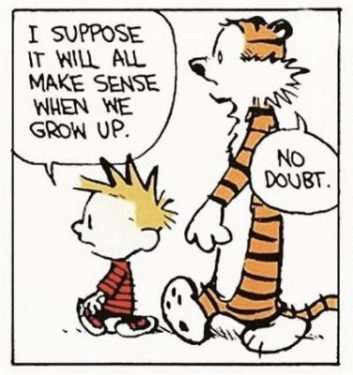
Footnote: Mr Mark Brown has tendered his resignation as Director of the Iona Performing Arts Centre. He has taken this step so that he can once again return to the classroom, teaching Music (K-12) at St Columba. Having a teacher of this calibre back in the classroom is a boon for our current and future Music students and performers. We thank Mark for his pivotal role in developing the Iona Performing Arts Centre and look forward to seeing the fruits of his talents as a teacher and mentor on stages at the school and beyond.
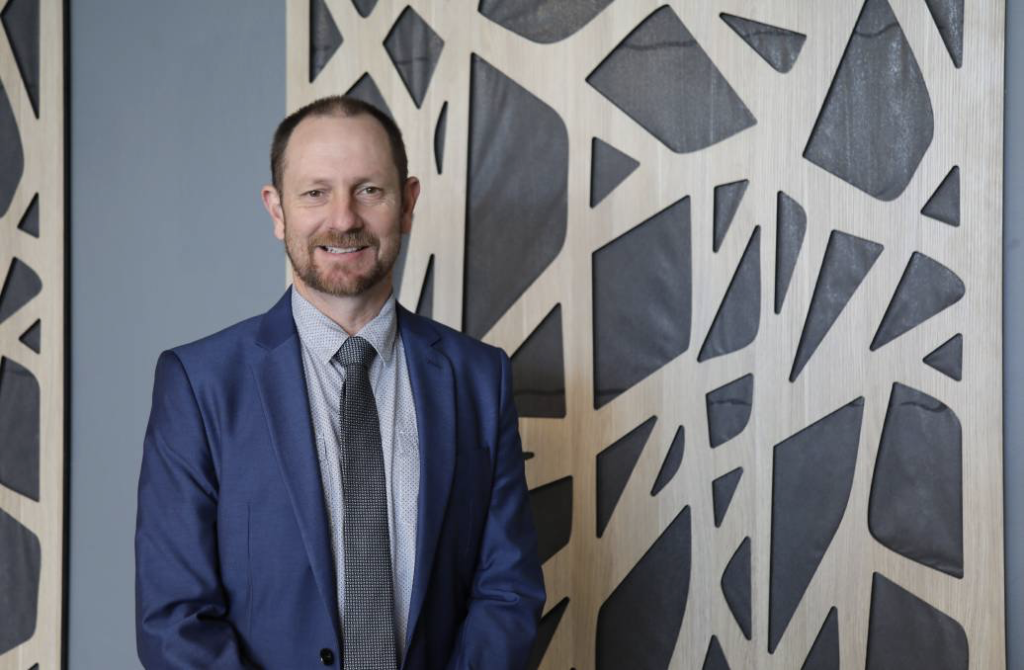
Mr Terry Muldoon Principal, St Columba Anglican School |


